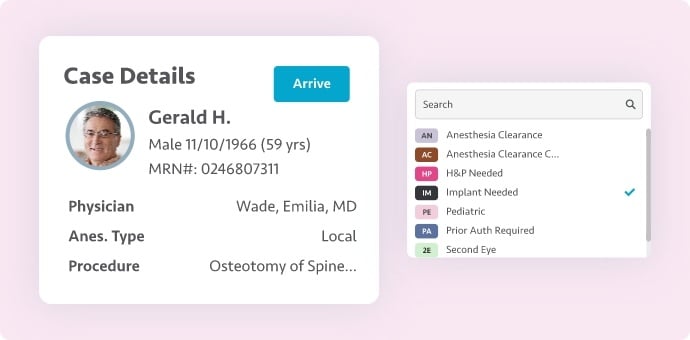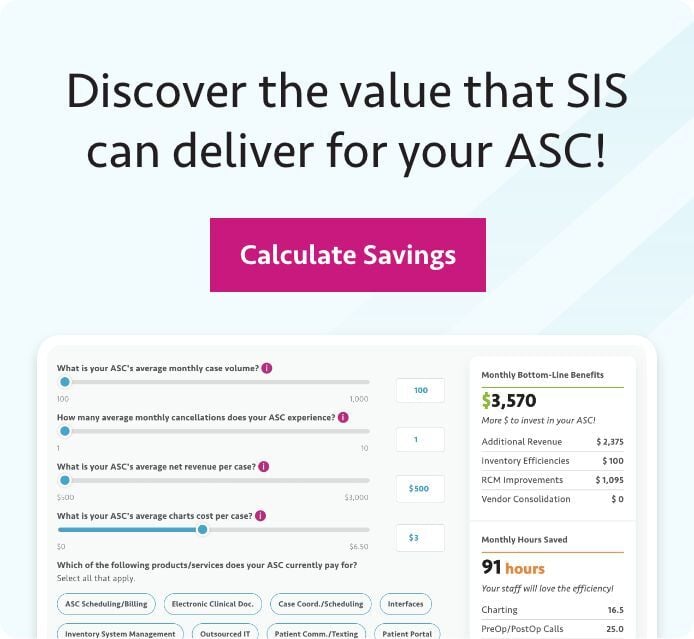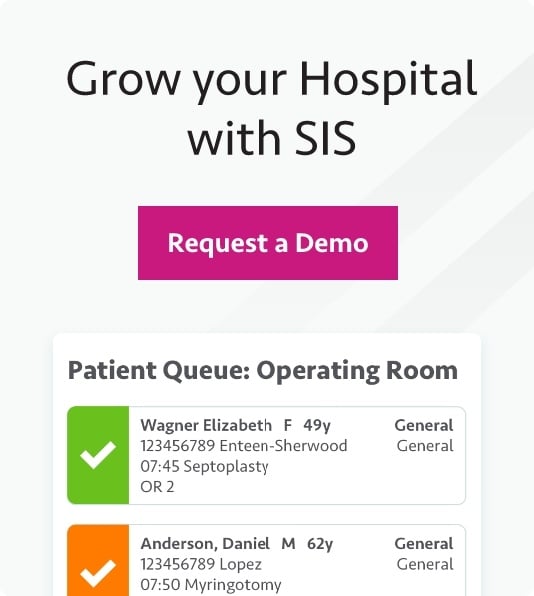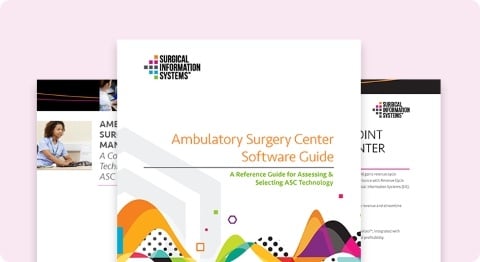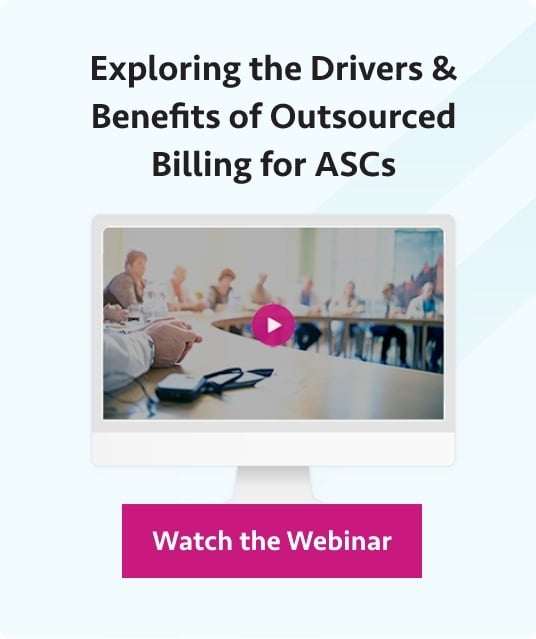10 tips to help improve the likelihood of positive outcomes when negotiating managed care contracting
Effective managed care contracting is essential to the success of an ASC that accepts commercial insurance. When surgical procedures are adequately covered in an ASC managed care contract, a surgery center will receive reimbursement that allows it to recoup its costs and earn profits that can go toward improving the facility and ownership distributions.
But managed care contracting success does not always come easy. Commercial payers are interested in keeping their costs low, and one way to do so is to set reimbursement rates in their managed care contracts as low as possible. This doesn't mean ASCs are powerless when it comes to influencing reimbursement rates. Effective managed care contract negotiations can secure contracts that generate meaningful profitability on procedures. Subsequent ASC managed care contract renegotiations can achieve fair coverage of new procedures and adequate payment increases on existing procedures.
ASC Managed Care Contracting Best Practices
Following these tips can help your ambulatory surgery center improve the likelihood of managed care contacting success.
- Preparation is key
As with most situations in life, preparation is key. Gather both internal and external data and try to truly understand your ASC's direct and indirect costs, your competitive advantage among other ASCs and possibly hospitals in your area, what plan types the payers offer, state fees, Medicare rates, CMS fee schedules, and more. Review all the data you have access to or can locate, and research the commercial payers you are looking to target for managed care contracts. Before any other step, get yourself prepared for negotiations. - Organize your managed care contracting research
Now that you have the data and information gathered, it is time to organize. Lay out all the data and information in an easy-to-understand format so there will be no fumbling when it comes time to negotiate with commercial payers. If you understand the payer's market and reimbursement methodology as well as the types of contracts they offer before you begin the conversation, there shouldn't be any or very many unpleasant surprises. - Set goals and timelines
Outlining timelines and setting reasonable goals to stay on track and meet deadlines is very important in the ASC managed care contracting process. Keep in mind there are many factors that could affect the timeline you have outlined. Are you a new site, or are you an established facility? Is it a busy time of year? If you are relying upon external support, what is their availability? As long as you have reasonable expectations and work to meet your deadlines, you will increase the likelihood of success. - Be confident
Confidence is key when going into managed care contract negotiations with a payer. Remember: You have taken the time to gather all of the pertinent data and information needed to help the payer make an informed decision, so you are prepared. Also keep in mind that payers may want or need your ASC as a provider of high-quality, lower-cost surgical care to their members, so a successful contract negotiation may be in their best interest as well. - Expect more, but be reasonable
In the research and organization step of this journey, you should have calculated bottom-line reimbursement figures to bring with you when you go into negotiations. You know what you need to walk out with in the worst-case contracting scenario, but don't be afraid to ask for more than just the bottom-line during payer negotiations. With that said, it's best to work within reason. Payers will be more likely to work with you if you do not have outrageous requests. - Establish a personal connection with the payer team
Building positive, more personal relationships with payer representatives and finding common ground to connect can help make the managed care contract negotiation process go smoother and be more successful. The people on the other side of the negotiation table should be able to appreciate what you are working toward for your ASC. These people are also patients themselves and will hopefully understand the tremendous value you bring to your patient community. Treat these payer representatives with kindness and be considerate of their time and position. Doing so can only help you and your ambulatory surgery center. - Keep the payer business model front and center
The more you can make your negotiation about the payer, and understanding the payer's and its members' needs, the more attention you are likely to get and ultimately the more success you should find with managed care contract negotiations. Make sure the payers you are engaging with understand that you view this relationship as a partnership — and one meant to help the payer and their members — rather than a competition. - Be willing to "give some to get some"
As with any negotiation, you must be willing to compromise. Don't expect to "win" a managed care contract negotiation. Rather, both your ASC and the payer should feel like the contract that's been signed is fair and will serve as a good launching point for the new "partnership." - Set the stage for routine discussion
Once you have the contract set, the work is not over. Managed care contracting is an ongoing responsibility. Set expectations from the start to check in frequently with the payer to measure progress and discuss any misinterpretations either party may have run into post-agreement. - Keep payer contracting part of the routine
Again, payer contracts are not a "one-and-done" initiative. A mistake some ASCs make is forgetting about managed care contract renegotiations because of the use of evergreen clauses within the contract. Evergreen clauses can be good as they mean the managed care contract will continue.
However, do not let the clauses make you complacent. One recommendation is to set up electronic auto-reminders or keep an in-view calendar on your wall with reminders to revisit those contracts periodically and make sure 'they still provide adequate coverage. If they do not, it may be a good time to engage in renegotiations with the payer. Following several of the previously discussed tips, including preparation involving the gathering of current data and information, can help increase the likelihood of ASC managed care contract renegotiation success.
ASC Managed Care Contracting Webinar
Looking for additional help with managed care contracting? Check out our on-demand webinar, "Managing Your ASC's Managed Care Contracting." During the program, SIS revenue cycle experts cover topics including contract negotiation and renegotiation best practices; opportunities for contract improvement; warning signs indicating changes to rules and reimbursement; out-of-network billing; and developing a positive relationship with payers. It's one of many SIS webinars offering administrator education units (AEUs).




